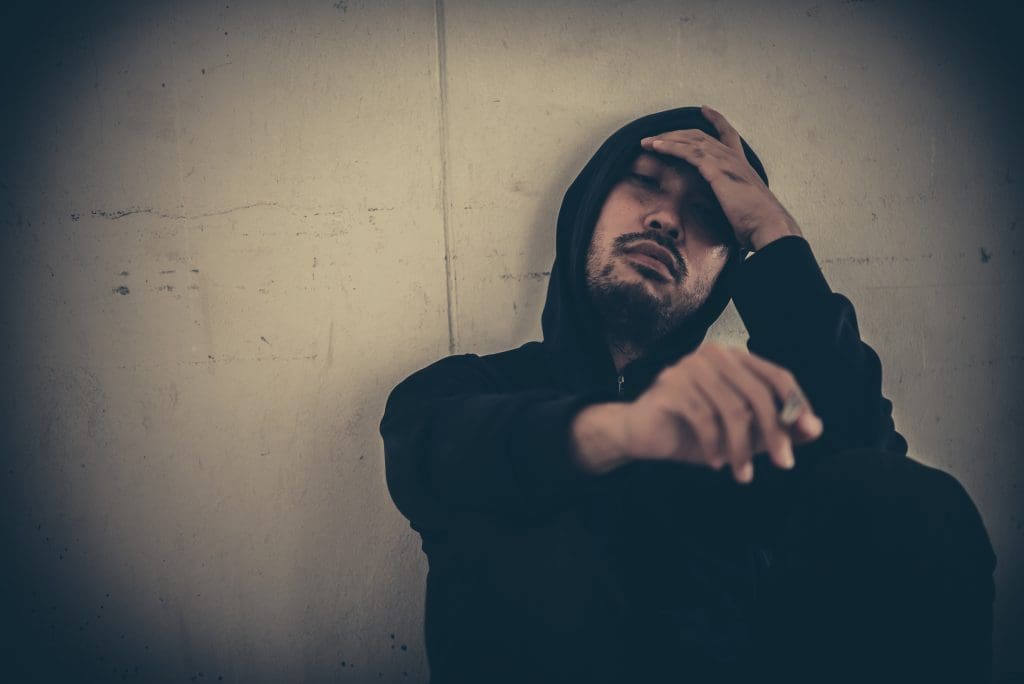-
Call Us: 0330 111 2015


Jump to a section ▼
› Introduction
› What is a cocaine overdose?
› Overdose signs
› Treating a cocaine overdose at home
› Who is at risk?
› Preventing a cocaine overdose
Speak with our admission team
Call now on 0330 111 2015Spotting the signs of a cocaine overdose is key to saving a person’s life, especially if you or someone you know has a problem with cocaine.
Statistically, cocaine related deaths are at an all time high. The increase in deaths is mostly attributed to historically high purity levels, its potency, and the fact that is sometimes cut with other deadly substances such as the extremely powerful opioid fentanyl (1)
Over the past 7 years cocaine related deaths have risen each year in England and Wales, with 637 deaths being recorded in 2018. This is most recent drug data available from ONS (Office for National Statistics) (2)
Taking cocaine really is a game of ‘Russian roulette’, especially if you don’t know the source it came from, its strength, or what is in the drug.
If you or a loved one have a problem with this particularly volatile stimulant, we urge you to seek professional help without delay.
A cocaine overdose happens when a person takes more cocaine than their body can cope with. Cocaine is extremely addictive and toxic. The instant euphoric high and strong drug cravings that cocaine produces, can often cause users to binge on the drug.
It is important to note that a binge isn’t always the cause of cocaine overdose. As cocaine purity is currently at an all time high, the likelihood of an overdose happening is incredibly difficult to predict. Even first time users can die from taking cocaine (3)
As a result of overdosing on cocaine, certain organs in the body are unable to cope, this can commonly lead to a heart attack, multiple organ failure and respiratory arrest.
Even those who do not have underlying health conditions are at risk of overdose.

Signs of a cocaine overdose can manifest both physically and mentally. It is just as important to watch for the psychological signs as it is the physical signs.
 Detox safely in our medical facility
Detox safely in our medical facility
 Free collection
Free collection Future-proof
Future-proofIf you or someone you know shows the signs of a cocaine overdose, immediate emergency medical treatment is required.
Whilst waiting for an ambulance the emergency services operator will advise you what to do to help you or the person suffering from the cocaine overdose.
For various reasons we cannot advise on medical treatment, as that should only be administered by medical professionals. However, in a crisis we suggest that you observe the ABC’s – Airway, Breathing and Circulation and intervene where necessary. The emergency services operator will talk you through what to do to best help yourself or the person suffering. (6)
Even if you or the person appears to partially recover – DO NOT CANCEL THE EMERGENCY MEDICAL HELP. By doing this without a full medical assessment first, further life threatening complications could easily arise.
Anyone that takes cocaine is at risk of overdose. However, there are some influential factors that increase the risk.
The only guaranteed way to prevent a cocaine overdose is not to take cocaine in the first place.
If you do take cocaine and are not willing to stop, you should seek help and advice on harm reduction measures from your local drug and alcohol team.
If you want help to stop taking cocaine, a cocaine detox and rehabilitation programme is strongly recommended as first line treatment.
Call Delamere for free and confidential expert advice and find out how we can help you or your loved one to become cocaine free today.


Start your recovery journey by calling our admissions team today.
Confidential. Straightforward. Friendly.